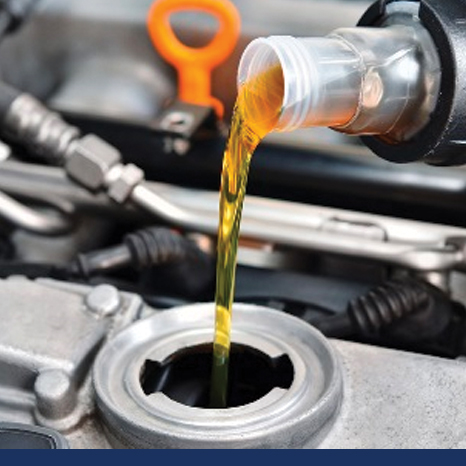Oil flush and other issues with modern engines

Modern engines are more powerful and more efficient – but they’re also more prone to modern problems, especially with keeping their oil and filter systems clean.
It used to be that just about anyone could open up the hood of their car and tinker about with the workings. If you knew a bit about cars, then you only needed a mechanic when something really major went wrong.
Although the operating principles of the engine hasn’t changed the technology surrounding it has advanced majorly. These advances have brought many benefits with cleaner emissions, better power and quieter operation but there are some negatives. In fact, at GCCEM, over the years offering car services on the Gold Coast, we’ve seen a surge in problems related to vehicle oil, which used to offer no more challenge than a regular change.
The importance of regular oil changing
Manufacturers keep extending the service intervals of cars. Once upon a time 5,000km was the standard interval between oil changes, now manufacturers are suggesting 15,000kms and over! This sounds good when you’re buying a vehicle but there are side effects. Oils used need to be able to last the service duration, not lose their lubricating properties and remove contaminates left by emission control systems. High quality oils such as Penrite full synthetic maintain lubricating and cleaning properties much better than cheaper mineral oils that can be prone to breaking down and causing a sludge build-up inside the engine.
Our solution at GCCEM is simple – the oil flush and premium oil. This involves using high-quality products like this one from Penrite (http://www.penriteoil.com.au/products.php?id_categ=16&id_subcateg=61&id_products=469) to help remove any sludge build-up and keep oil galleries clean and clear. We also use full synthetic oils where available, full synthetic oils are cleaner, create less deposits, lubricate better and perform better at high and low temperatures (a must for turbo charged engines. We also highly recommend getting the oil and filter changed at the intermediate service, generally 7,500kms for optimal protection and care.
So the next time you book your car in for a service, make sure you get an oil flush as part of the deal. An oil flush will ensure your engine is as clean as possible, allowing the oil to work even more effectively at protecting your car’s longevity.
The modern problem of Exhaust Gas Recirculation (EGR)
Exhaust Gas Recirculation, or EGR, is an increasingly common problem, particularly for modern diesel engines. EGR involves sending exhaust gases from your exhaust system back into the engine to be re-burnt as a way of reducing emissions, but the gasses combine with oily residue produced by engine blow-by and tend to bake the residue in the inlet manifold. This forms a restriction and effects engine performance.
GCCEM’s solution is to fit an oil catch can to the engine blow-by system so that it removes the oily residue from the intake air and ensure it doesn’t impair the inlet manifold or the engine. We also recommend running an EGR cleaner through at each service to help keep the air intake system clean and clear.
DPF – The exhaust filter
Many modern diesel engines are now fitted with a DPF (Diesel particulate filter). These filters catch, as the name suggests, diesel Particulates that would otherwise exit the exhaust.
Over time this filter will become restricted and the vehicle will carry out a regeneration burn to clear it. The vehicle needs to be under certain operating conditions for this to occur, generally during highway driving.
This “burn” will normally happen without the driver ever being aware but issues can arise if the vehicle is not presented with the right operating conditions. Repeated short trips and no highway driving is the main offender to blocked DPF’s but luckily there are some options.
Firstly and most obviously, you need to make sure you regularly take your diesel vehicle for a drive up the highway once it’s nice and warm. Secondly, there are fuel additives that can assist the burn process. Finally, in some circumstances workshops may need to force the vehicle to carry out the DPF regeneration as a last resort.
Call Gold Coast Car Electrics & Mechanical for all modern engine needs.
As one of the leading mechanics on the Gold Coast, GCCEM has the expertise to deal with all the problems modern cars can face, and the experience to handle the classics, too!
So for the best car servicing on the Gold Coast, come and see us at GCCEM. We’ve seen it all since we started out on the Gold Coast way back in 1976, and pride ourselves on keeping as up-to-date as possible, so we can offer the best service to our customers.
Do you have a question ? We are on the Gold Coast and here to help. Contact us today for all of your servicing needs.
.
